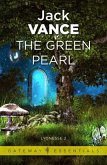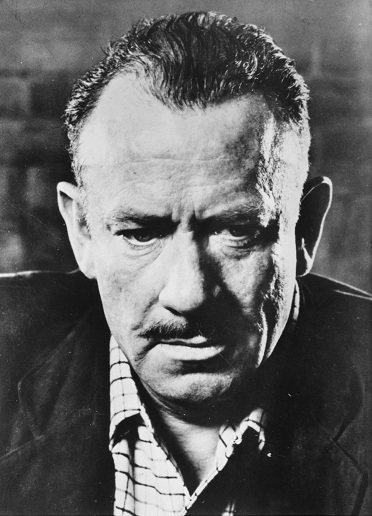In the Pearl, the tyrant of the city lives, using the stone and plaster houses as a good breeding ground for his life. On the coast, marginal human creatures live in wooden huts. These creatures live by fishing and offer their masters in the city what they extract from the sea, in exchange for their daily sustenance. No one has ever dared to compare himself to the people of the city. Steinbeck presents "The Pearl" as a mirror that reflects people's faces, and also reflects the ugliness that hides within their souls. He also reveals the illusion of searching for happiness, and the weakness of the individual who finds himself facing the brutal reality, where others abandon him, and that individual tragedy that the novel tells may be an invitation. For collective solidarity, without which dreams become impossible and become nightmares, and it is confirmed at the end of the novel that happiness is the great lost pearl that a person keeps searching for without finding it.
Dieser Download kann aus rechtlichen Gründen nur mit Rechnungsadresse in A, B, BG, CY, CZ, D, DK, EW, E, FIN, F, GR, H, IRL, I, LT, L, LR, M, NL, PL, P, R, S, SLO, SK ausgeliefert werden.










